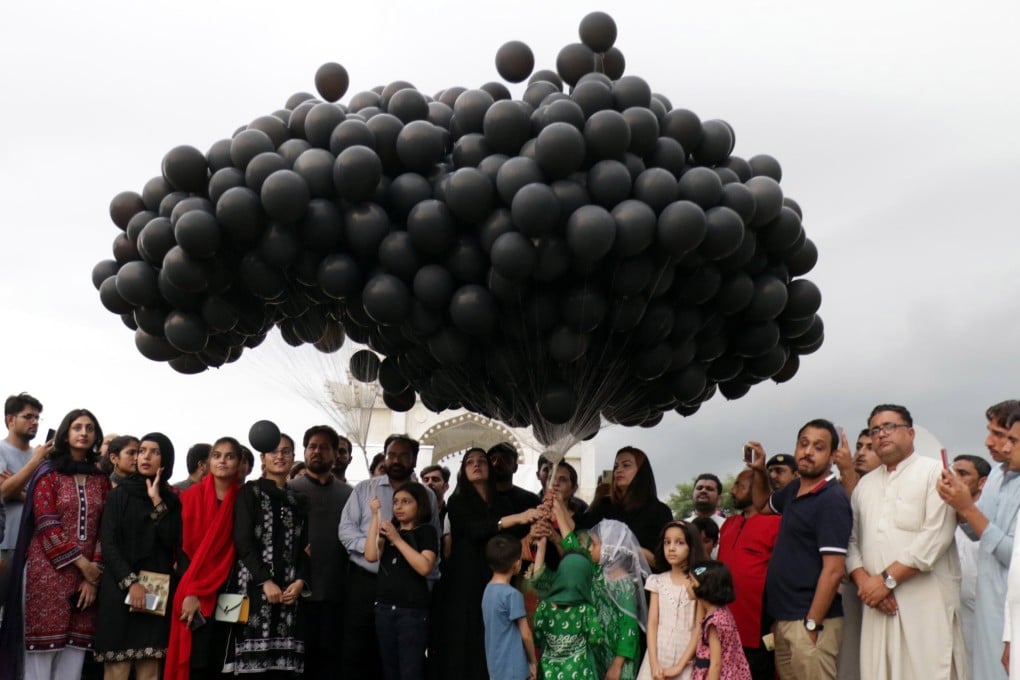Opinion | Is the South Asian Association for Regional Cooperation still relevant?
- Paralysed by India-Pakistan enmity and with Afghanistan’s status in limbo, with members unwilling to recognise the Taliban government, SAARC is becoming moribund

For nearly a quarter of its existence, the South Asian Association for Regional Cooperation (SAARC) has not held a summit. When the term of its last secretary general ended last February, confusion reigned over his replacement.
It was Afghanistan’s turn to put forth a candidate but none of the other SAARC members recognise the Taliban. In the end, it was decided that Bangladesh (the turns are carried out in alphabetical order) would put forth a candidate.
With 25 per cent of the global population and a gross domestic product of more than US$2.9 trillion, SAARC has been around for almost 40 years. But it has neither the clout nor economic leverage of other regional organisations such as the EU, African Union or Association of Southeast Asian Nations. Although created to boost regional integration through trade, just 5 per cent of SAARC trade happens within the region.
Political divides across South Asia have frustrated efforts to strengthen collaboration in non-political areas. Obstacles include the enmity between the two regional giants of India and Pakistan, and the asymmetry in the Indocentric region that forms a threat perception among the smaller countries.

